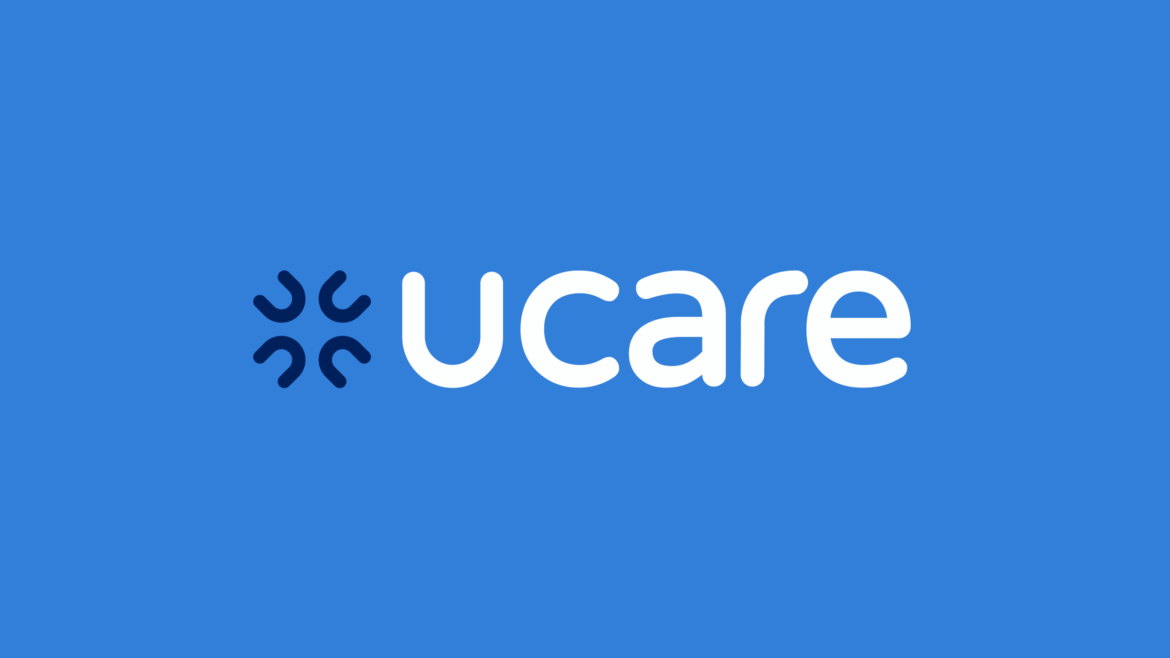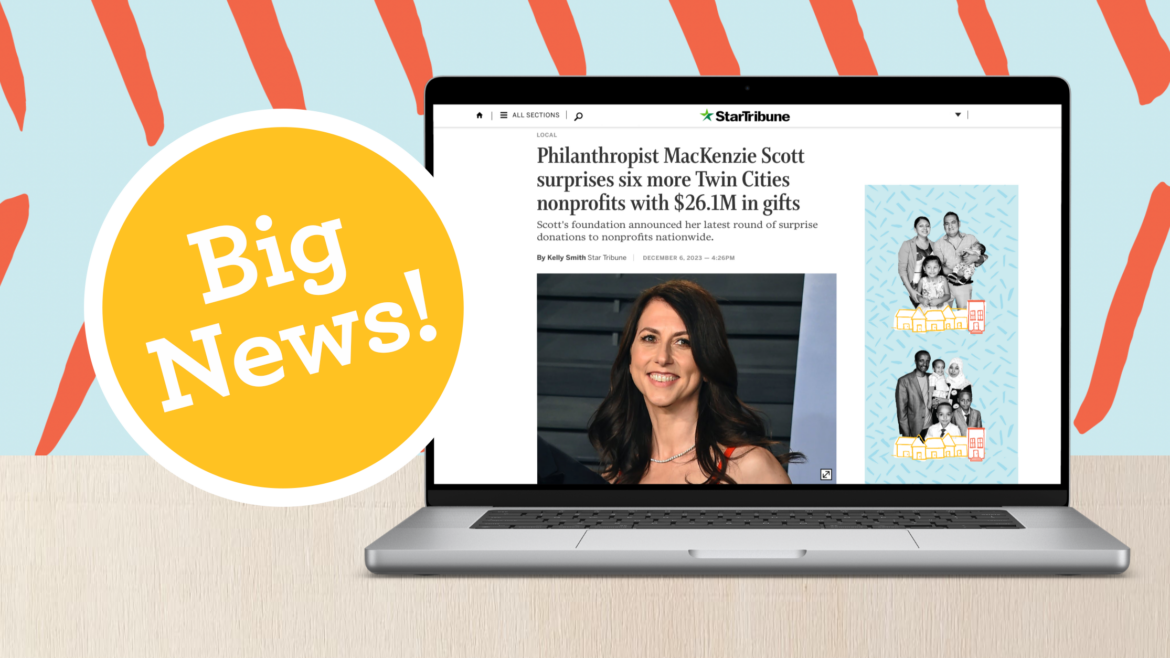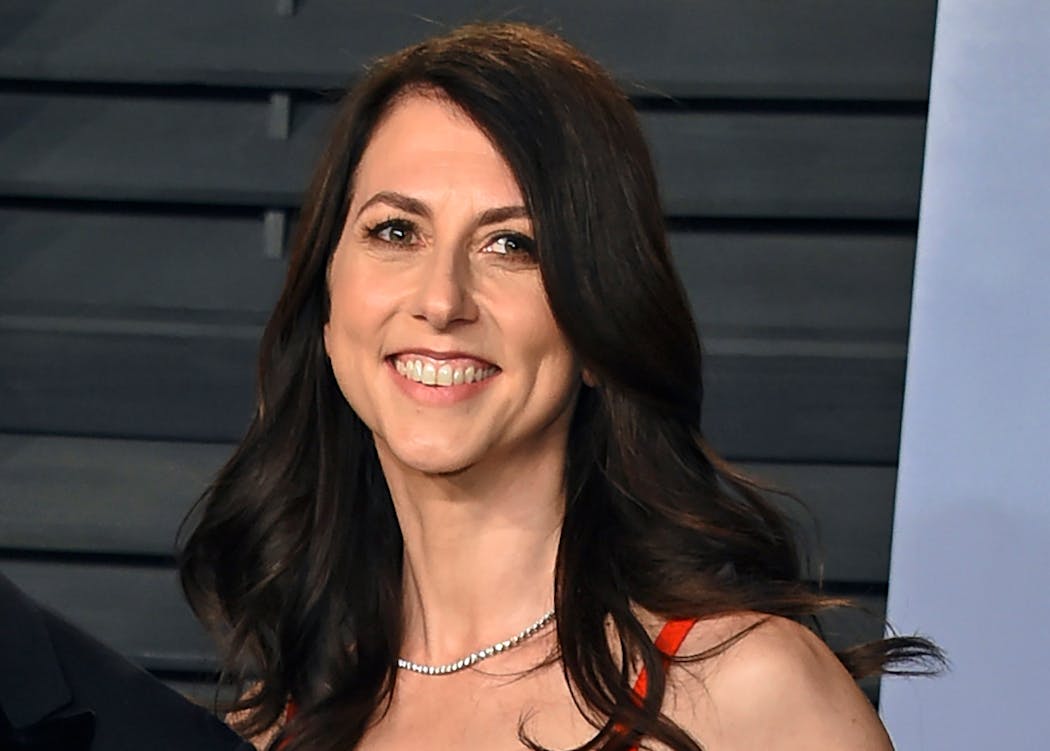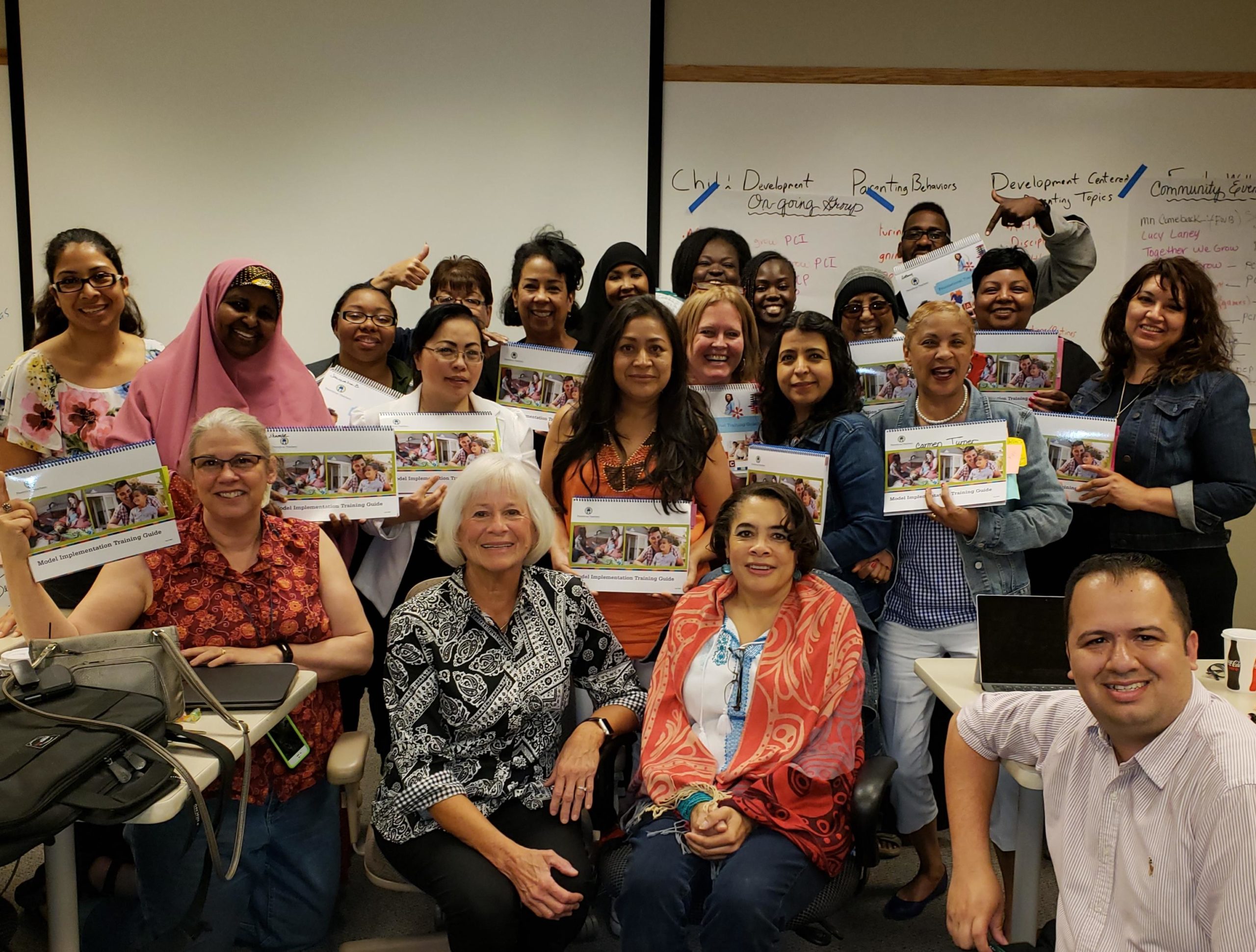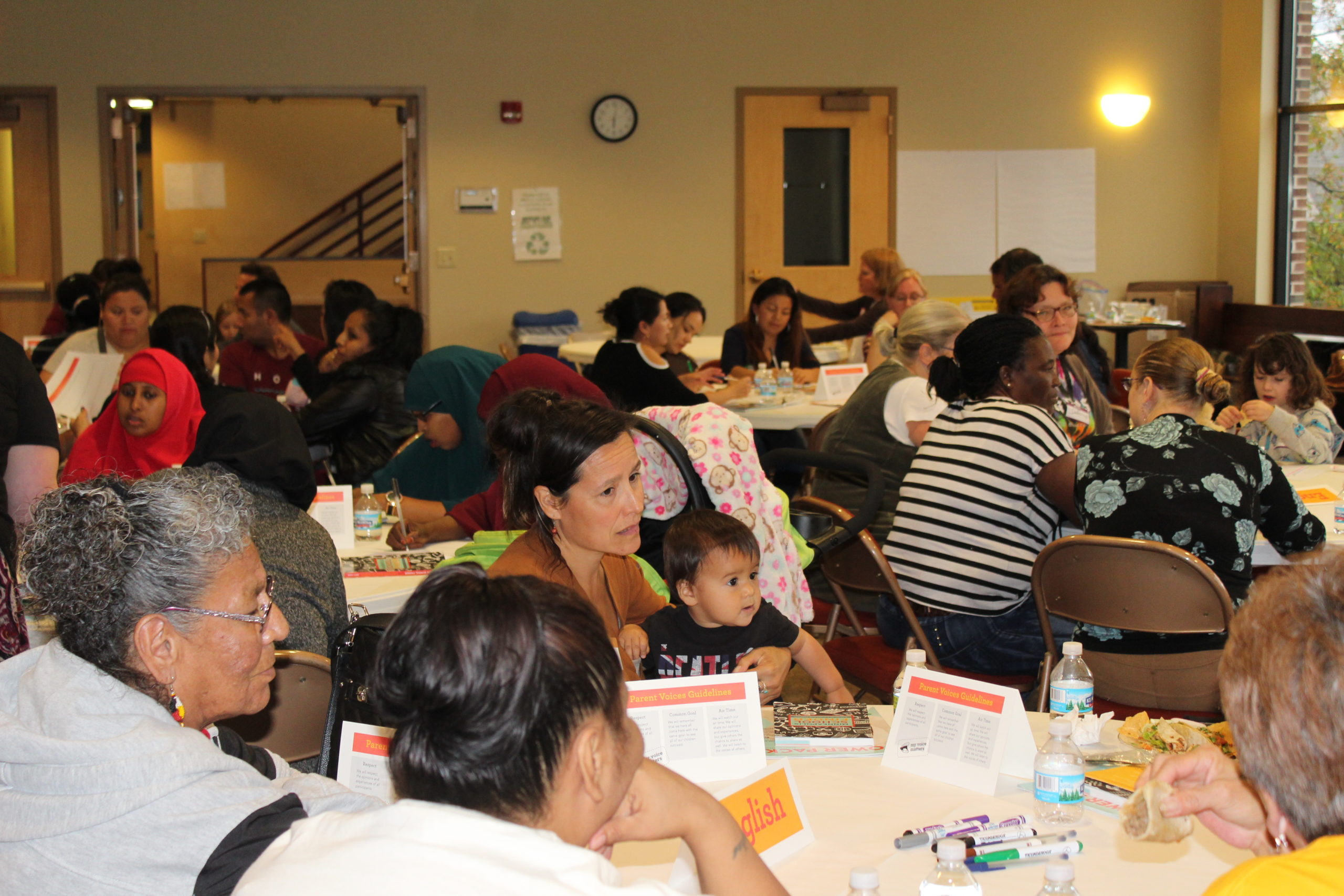Philanthropist MacKenzie Scott surprises six more Twin Cities nonprofits with $26.1M in gifts
Scott’s foundation announced her latest round of surprise donations to nonprofits nationwide.
By Kelly Smith Star Tribune
DECEMBER 6, 2023 — 4:26PM
Six Twin Cities nonprofits are the latest local organizations to be surprised by unexpected gifts from billionaire philanthropist MacKenzie Scott.
Scott, an author and the ex-wife of Amazon CEO Jeff Bezos, announcedWednesday that she’s donating $26.1 million to six metro area organizations — part of some $2.2 billion in grants she has given to 360 organizations nationwide this year.
“I about fell out of my chair,” said Ann Cazaban, executive director of Southside Community Health Services, of the $2.6 million gift to her small clinic, which serves low-income residents in south Minneapolis. “We don’t get a lot of good surprises like this.”
The largest of the latest local grants is $10 million for City of Lakes Community Land Trust in Minneapolis, which helps provide affordable home ownership opportunities.
The other local grantees and their awards are Project for Pride in Living (PPL), an affordable housing developer in Minneapolis, $7 million; Battered Women’s Justice Project, a St. Paul-based nonprofit that provides national training and resources, $2.5 million; Hmong American Partnership in St. Paul, $2 million; and Way to Grow, a Minneapolis-based organization that provides early childhood education, $2 million.
That’s on top of a $2 million grant that Think Small, a Little Canada-based nonprofit that administers early-learning scholarships, received from Scott in September.
Since 2020, Scott has given more than $109 million to 24 Minnesota-based nonprofits, a number taken from her database of grants and the recipients’ own statements.
Six Twin Cities nonprofits are the latest local organizations to be surprised by unexpected gifts from billionaire philanthropist MacKenzie Scott.
Scott, an author and the ex-wife of Amazon CEO Jeff Bezos, announcedWednesday that she’s donating $26.1 million to six metro area organizations — part of some $2.2 billion in grants she has given to 360 organizations nationwide this year.
“I about fell out of my chair,” said Ann Cazaban, executive director of Southside Community Health Services, of the $2.6 million gift to her small clinic, which serves low-income residents in south Minneapolis. “We don’t get a lot of good surprises like this.”
The largest of the latest local grants is $10 million for City of Lakes Community Land Trust in Minneapolis, which helps provide affordable home ownership opportunities.
The other local grantees and their awards are Project for Pride in Living (PPL), an affordable housing developer in Minneapolis, $7 million; Battered Women’s Justice Project, a St. Paul-based nonprofit that provides national training and resources, $2.5 million; Hmong American Partnership in St. Paul, $2 million; and Way to Grow, a Minneapolis-based organization that provides early childhood education, $2 million.
That’s on top of a $2 million grant that Think Small, a Little Canada-based nonprofit that administers early-learning scholarships, received from Scott in September.
Since 2020, Scott has given more than $109 million to 24 Minnesota-based nonprofits, a number taken from her database of grants and the recipients’ own statements.
Unlike most major philanthropists, Scott surprises nonprofits with unsolicited donations that often add up to record-setting gifts for them. The gifts are unrestricted, meaning that nonprofits can spend the money any way they want. They don’t have to navigate lengthy applications or reporting requirements, as with most grants.
Scott, 53, has an estimated net worth of about $39 billion (according to Forbes magazine) and has pledged to give away most of it in her lifetime. But her generosity is shrouded in secrecy; she hasn’t spoken publicly about her philanthropy, and the public usually only finds out about the grants when nonprofits disclose the news.
Last fall, Andriana Abariotes, Project for Pride in Living’s vice president of development, received an e-mail from a consultant asking to set up a meeting to discuss an unnamed private donor’s possible donation.
“It almost seemed like a phishing thing,” she said.
PPL had a $6 million deficit last year and was on track to end this year with a deficit as well, possibly forcing layoffs. But after sharing some financials with the consultant, Abariotes said they were notified they’d get $7 million from Scott — a record amount for a one-time donation to the nonprofit.
That will help close the budget gaps and prevent layoffs while also paying down some debt, supporting employees’ pay and training, and helping close the final funding gaps on development projects as construction costs and interest rates rise.
“It’s transformative for us at a really critical time,” said Paul Williams, CEO of Project for Pride in Living. “I particularly appreciate philanthropy that thinks big.”
In September, Cazaban got a similarly cryptic email out of the blue. In a brief meeting, she was informed of the $2.6 million gift, also a record amount for the Southside clinic — equaling about 40% of the donations it gets in an entire year.
“Little Southside in south Minneapolis, how would they even find us?” she said. “They didn’t ask any questions about anything. They had already done all their due diligence.”
Cazaban said it’s a mystery why Scott’s foundation selected her organization. In past blog posts, Scott has said she’s focused on organizations dedicated to equity and the needs of underrepresented people.
“Inspired by all the ways people work together to offer each other goodwill and support,” Scott wrote online in a short three-sentence announcement Wednesday about the grants.
Southside, which provides dental, medical and vision care for low-income residents, will use Scott’s donation to help fund construction of a new 30,000-square-foot affordable community health center off E. Lake Street. The clinic will break ground in 2024 and open the center by mid-2025 on the site of a former Family Dollar store that burned down in the civil unrest following George Floyd’s murder in 2020.
The nearly $30 million project will allow Southside to expand services and serve more people, helping 18,000 a year. More than a third of its clients are children.
For small nonprofits, a Scott donation is a big boost for supporting staff and programs, said Carolyn Smallwood, CEO of Way to Grow.
“It’s a game-changer in how organizations can serve more folks,” she said, adding that the $2 million Way to Grow received from Scott last spring will help it serve 300 more families a year with early childhood education via home visits.
The Battered Women’s Justice Project will use its gift to beef up its reserves and boost its programming, possibly by adding more staffing, CEO Amy Sanchez said.
Getting such a significant gift from Scott is a vote of confidence for Twin Cities nonprofits, Abariotes said, and may possibly inspire other philanthropists. Cazaban said she hopes Scott’s philanthropy will help change how other foundations give out money, perhaps reducing the typically rigorous process of applying for grants and reporting results.
Scott’s foundation “said, ‘We trust you will use this money toward the mission and help as many people as you can,’ ” Cazaban said. “It’s a very unusual way.”
Minnesota nonprofits receiving surprise grants from MacKenzie Scott
According to Scott’s website, yieldgiving.com, and individual nonprofits’ announcements, she’s given more than $95 million in the last three years to these Minnesota nonprofits:
- Southside Community Health Services, $2.6 million (2023)
- Project for Pride in Living, $7 million (2023)
- City of Lakes Community Land Trust, $10 million (2023)
- Hmong American Partnership, $2 million (2023)
- Way to Grow, $2 million (2023)
- Think Small, $2 million (2023)
- Battered Women’s Justice Project, $2.5 million (2023)
- Girl Scouts of Minnesota and Wisconsin River Valleys, $4.2 million (2022)
- Boys and Girls Clubs of the Twin Cities, $4.8 million (2022)
- Big Brothers Big Sisters Twin Cities, $6 million (2022)
- Big Brothers Big Sisters of Central Minnesota, $1.5 million (2022)
- Red Lake Nation Boys & Girls Club, $875,000 (2022)
- Twin Cities Habitat for Humanity, $13.5 million (2022)
- Dakota Medical Foundation, $10 million (2022)
- Boys and Girls Club of White Earth, $1.25 million (2022)
- Junior Achievement North, $1.9 million (2022)
- YMCA of the North, $18 million (2021)
- Penumbra Theatre, $5 million (2021)
- Greater Minnesota Housing Fund, $7 million (2021)
- YWCA St. Paul, $3 million (2021)
- Duluth Area Family YMCA, undisclosed amount (2020)
- YMCA of Cass and Clay Counties, $10 million (2020)
- Esperanza United, undisclosed amount (2020)
- YWCA Cass Clay, $2 million (2020)



